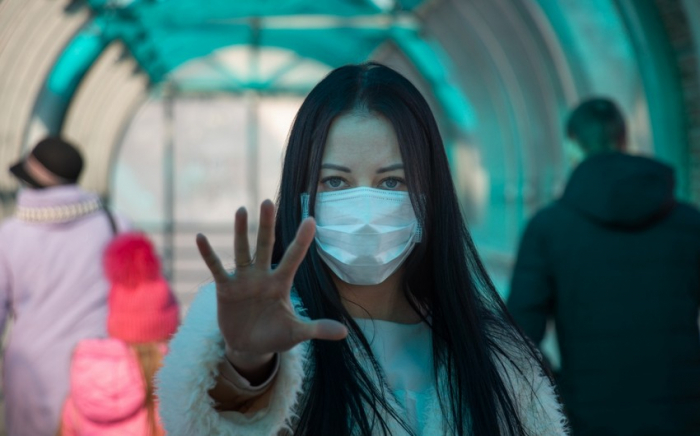Key weaknesses in the country's COVID response have only become more glaring, including the politicization of public health, an understaffed health care workforce and a growing hostility to science.
Experts say it's a matter of when, not if, the world will face another pandemic, and the next one could make the last look mild.
The US was caught flat-footed by the arrival of the coronavirus in early 2020 and was hit much harder than other developed nations. The intense backlash against the muddled US response contributed to eroded trust in public health, setting back preparedness efforts in important areas.
In a "big picture" way, the US is "less prepared, because so much of this comes down to political will, public trust — public trust in government institutions, public trust in the media, public trust in one another," said Céline Gounder, a senior fellow at health policy nonprofit KFF.
The country's early struggles with tracking the virus, testing and supply chains, along with the rapid development of vaccines through Operation Warp Speed, yielded important lessons that ultimately have left the US better off, said former Biden administration COVID response coordinator Ashish Jha.
"Right now, if we got a novel agent arriving on our shores tomorrow, we could probably pretty rapidly figure out where is it spreading, where is it not," he said, adding that the inability to track COVID was a major reason for harsher measures like stay-at-home orders.
"If you think about medical countermeasures, surveillance, we're clearly in better shape," Jha said.
The rise of nongovernmental data surveillance efforts also represented a monumental change in how public health data is handled, and the ease of at-home testing enabled people to take charge of their own health, said Jennifer Nuzzo, director of the Pandemic Center at Brown University School of Public Health.
"We have seen how individuals can take action to protect ourselves," Nuzzo told Axios. "It's not just a matter of government."
Still, the public health force is dangerously depleted and burnt out, and growing anti-vaccine sentiment could undercut a key tool for curbing the next pandemic.
AzVision.az
More about:
















































